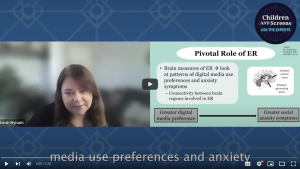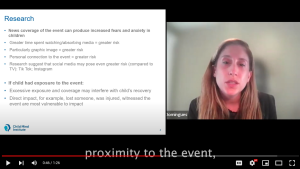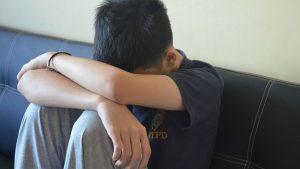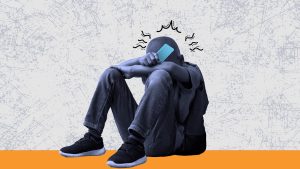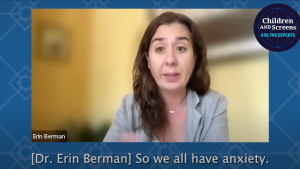
Erin Berman, PhD (Clinical Psychologist, National Institute of Mental Health), describes signs of problematic youth anxiety parents and caregivers can watch for at #AskTheExperts webinar “Anxiety: Youth Mental Health and Digital Media” on October 4, 2023.
Read the Video Transcript
[Dr. Erin Berman] So we all have anxiety. It’s very natural and normal. It’s normal for any parent to have anxiety and any kid to have anxiety. So when does it actually become problematic that maybe a parent or school or friends should intervene? When children or adolescents are avoiding too much. And when I say too much, these are things that they either need to be doing or want to be doing. You know, we don’t want to change these kids, every kid is unique, but this is when there’s something that’s either blocking them from something like school or wanting to meet new friends. When it’s interfering in terms of creating new friendships or studying- in distress, usually this is when the parents come in, they see the kid upset, distressed, overwhelmed at home, or the opposite – distress can be with anxiety, as we know, anxiety”s “fight, flight, or freeze” – being frozen in your room, too much alone time. So again, if these things are transient or come in context of a traumatic event online or a tweet that is uncomfortable, that transience is different than an anxiety disorder, which is persistent and usually lasting more than a couple of months and seeing a pattern.
View the full webinar
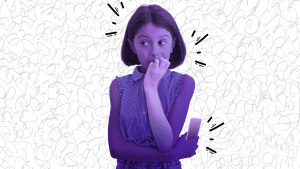
Anxiety: Youth Mental Health and Digital Media
The first in a set of webinars investigating two of the most common mental health struggles of youth today: anxiety and depression.
Sandra Whitehouse, PhD
Senior Director; Senior Psychologist
Erin Berman, PhD
Clinical Psychologist
Sandra Fritsch, MD
Medical Director
Sarah Myruski, PhD
Assistant Research Professor in Psychology; Associate Lab Director
Henry Willis, PhD
Assistant Professor
